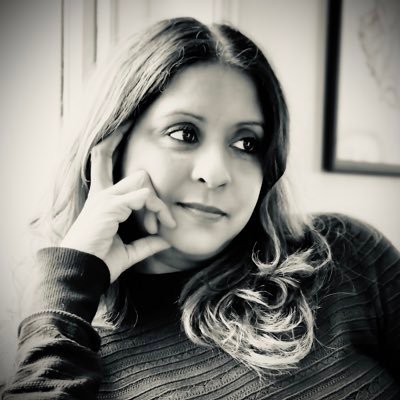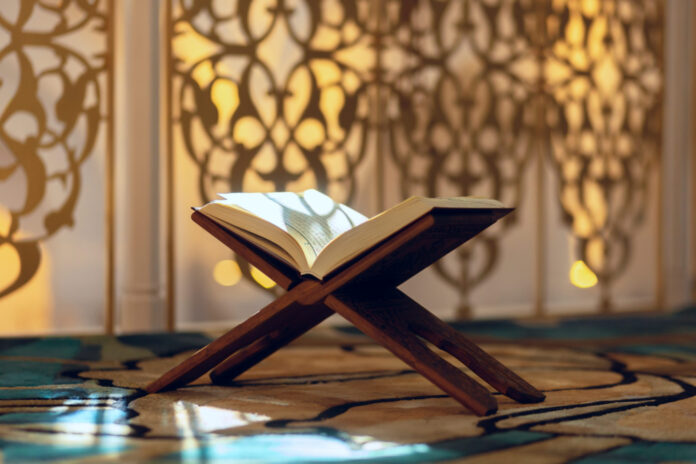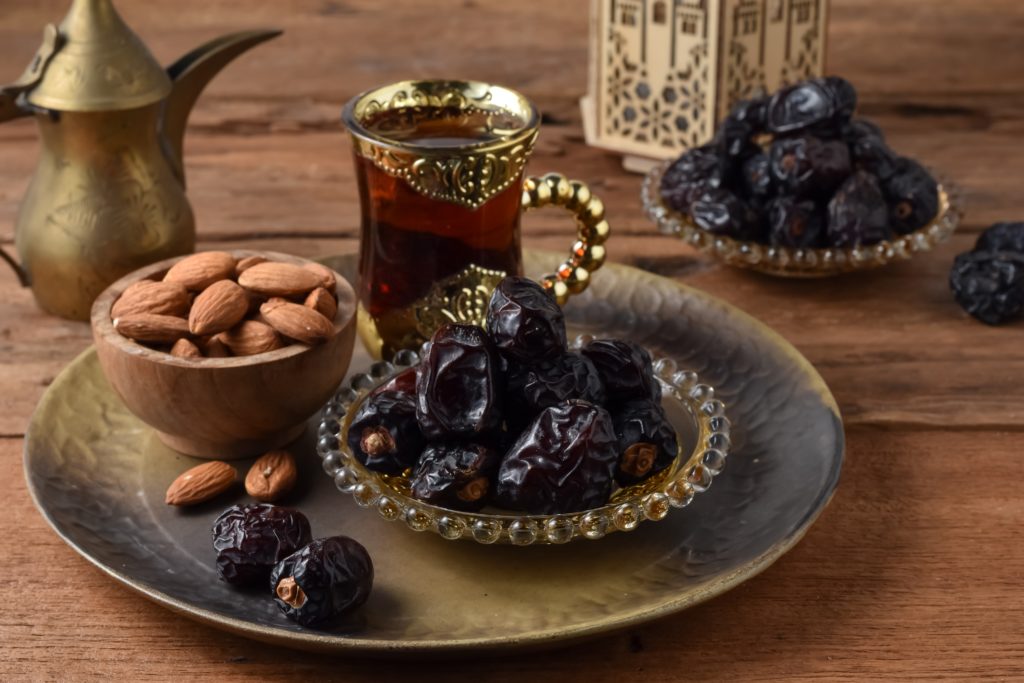Journalist Shamim Chowdhury describes how losing her job gave her the opportunity to properly taste the bounties of Ramadan for the first time in her life.
I have been described as a “cultural” Muslim. And while I take objection to the reductive nature of any form of labelling, I’ll accept this one – albeit grudgingly. For though I believe in the Creator and subscribe to the cultural aspects of my religion – the idea of a global Ummah or family, the emphasis on community, charity, humility, patience, gratitude and more – I confess when it comes to daily rituals, I often fall short.
At the same time, I profoundly believe we humans are not merely a collection of cells, our actions dictated by chemicals alone, explained away by science, but that we are innately spiritual creatures seeking meaning and guidance, consciously or otherwise, from something greater than ourselves. And, of course, on issues of Islamophobia and Muslim rights I am unequivocally on the side of my religion.
I make these pronouncements not to justify my position in any way, but for the sake of transparency. Besides, I prefer to admit I’m a cultural Muslim than give the impression I am more pious than I am, which, in my experience, some from similar backgrounds as mine are inclined to do.
I say this not to pass judgement – I do not judge people according to their religious beliefs or practices as a matter of principle – but because I find sanctimonious hypocrisy jarring. I recall a conversation with a fellow “liberal” Muslim, who, when I mentioned I did not practice Islam as it is ordained for us, took it upon herself to correct me by saying I “tried my best.”
My objection to her comment was not simply that she was incorrect, but that it demonstrated a cavalier self-righteousness that did not allow for the acceptance the non-negotiable aspects of Islam. It is this disingenuity that I object to. I prefer to hold my hands up and admit to my shortcomings.
Dreading Ramadan
Subscribe to our newsletter and stay updated on the latest news and updates from around the Muslim world!
Thus, every year in the past when Ramadan arrived, I experienced a sense of trepidation. The challenge of reconciling abstinence with a busy work life often, I am ashamed to say, resulted in a falling by the wayside of my religious duties. This has always brought on an inevitable sense of an existential crisis, with all my inner demons on issues of faith, morality, social acceptance and the hybridity of my identity surfacing in ways they never did at any other time of the year.

In some ways, it would have been be easier if it were simply the case that I rejected the concept of Ramadan. But this is not so. I subscribe to it implicitly and that is why my conscience tugged away at me; this sense that I couldn’t practice what I preached, that I was duplicitous in some way. It was a feeling I grew to dread.
Much of my anxiety was brought about by the fact that I found it incredibly difficult to fast when I was working. Many people are able to do so, and I am full of admiration – envy even – for them, and of course it is known that faith acts as a transformative force – which in itself brought to the fore even more uncomfortable questions about my own faith – or a lack thereof. But it remained the case that due to a combination of my sometime-insomnia, the effects of an underactive thyroid gland, long working hours and challenging deployments, the sporadic fasts I kept were half-hearted and unsatisfactory.
I make no excuses. I am simply spelling out the reasons.
The result was that during Ramadan I often felt as though I was on the peripheries of my religion, observing the joy and the magic of the Holy Month from the sidelines, not quite getting into the spirit of things, one foot in and one foot out. I felt underserving and fraudulent if I partook in the sumptuous iftars. I could tell the food didn’t taste as delicious to me as it did to those who had earned it. The reward was just not there. I became fed up of feeling this way. I no longer wanted to be on the fringes. I longed to embrace Ramadan fully.
Embracing Ramadan
And finally, this year, I did. For the first time since entering adulthood I found myself not working full-time and thus no longer had an excuse. I decided to welcome Ramadan sincerely and unequivocally. So, for most of the past month I abstained from food and drink during daylight hours and made a concerted effort to carry out the most of the other requisite duties.
I have never really been one to spend prolonged time on the phone, but over the month I cut it down even more, speaking only to those closest to me. I detached myself for the most part from the toxic banality of social media and thought less and less about work and other worldly matters. And I didn’t miss any of it one bit. Quite the opposite, in fact. I felt liberated of the vapid banter, the facile competitiveness, the narcissism and all else that enslaves us without us even noticing.
Instead, I relished exchanging ideas for iftar and suhoor – or early morning – meals with my nearest and dearest, read lots – including general material – and yes, even indulged in a bit of Netflix. But I won’t pretend was easy. At times I found myself clock-watching in the last few hours leading up to iftar, took more than a few daytime naps and my fantasies of hot, steaming cups of tea verged on obsession. But it was never meant to be easy. That’s the whole point.
Overall, Ramadan was peaceful, serene and freeing. Much of my anxiety faded away and I was able to reflect on my life, reconsider my priorities and let go of many things that I thought mattered but now realise no longer do. It was the happiest I felt in a very long time.
Now, with Ramadan over, I feel more than a little wave of sadness. I know that life, with all its demands, will start to consume me once more – and that for the most part I will go along with it. For I am not claiming to be something I am not. I am seduced by the trappings this world has to offer. I have dreams and ambitions. I have plans, all of which I intend to pursue.
But I have also discovered the transformative effects of Ramadan, the spiritual cleansing so many people spoke of that I could not relate to until now. I had some of the best fun I’ve had in a long time, including lively iftar gatherings hosted by relatives and attending a historic “Open Iftar” event in Central London’s Trafalgar Square, where I mingled some of the most inspiring people I’d met in a long time.
Finally, I understand the importance of the Holy Month and I want to ensure I never miss out again. So, I have made a promise to myself. If I am working full-when Ramadan comes round next, I will be sure to take as much time off as I possibly can. If I am still freelancing, I only accept work that I can do from home. For while I can’t promise to ever be anything other than a cultural Muslim, during Ramadan, I can at least try.
After all, God loves a trier.
Shamim Chowdhury is a London-based journalist and writer. You can follow her on Twitter here.



















